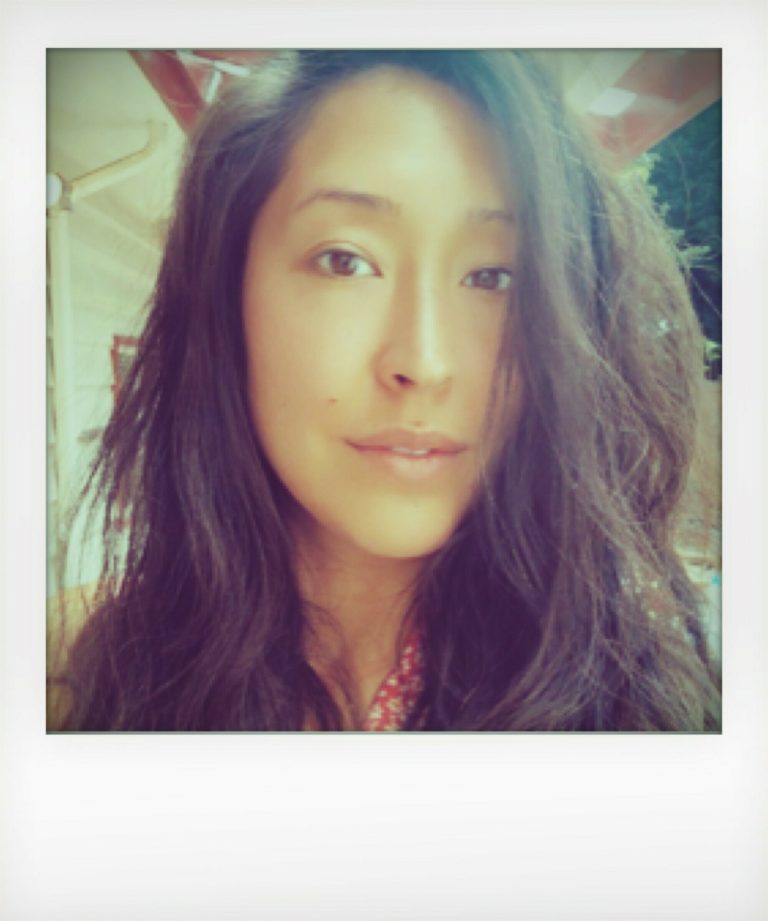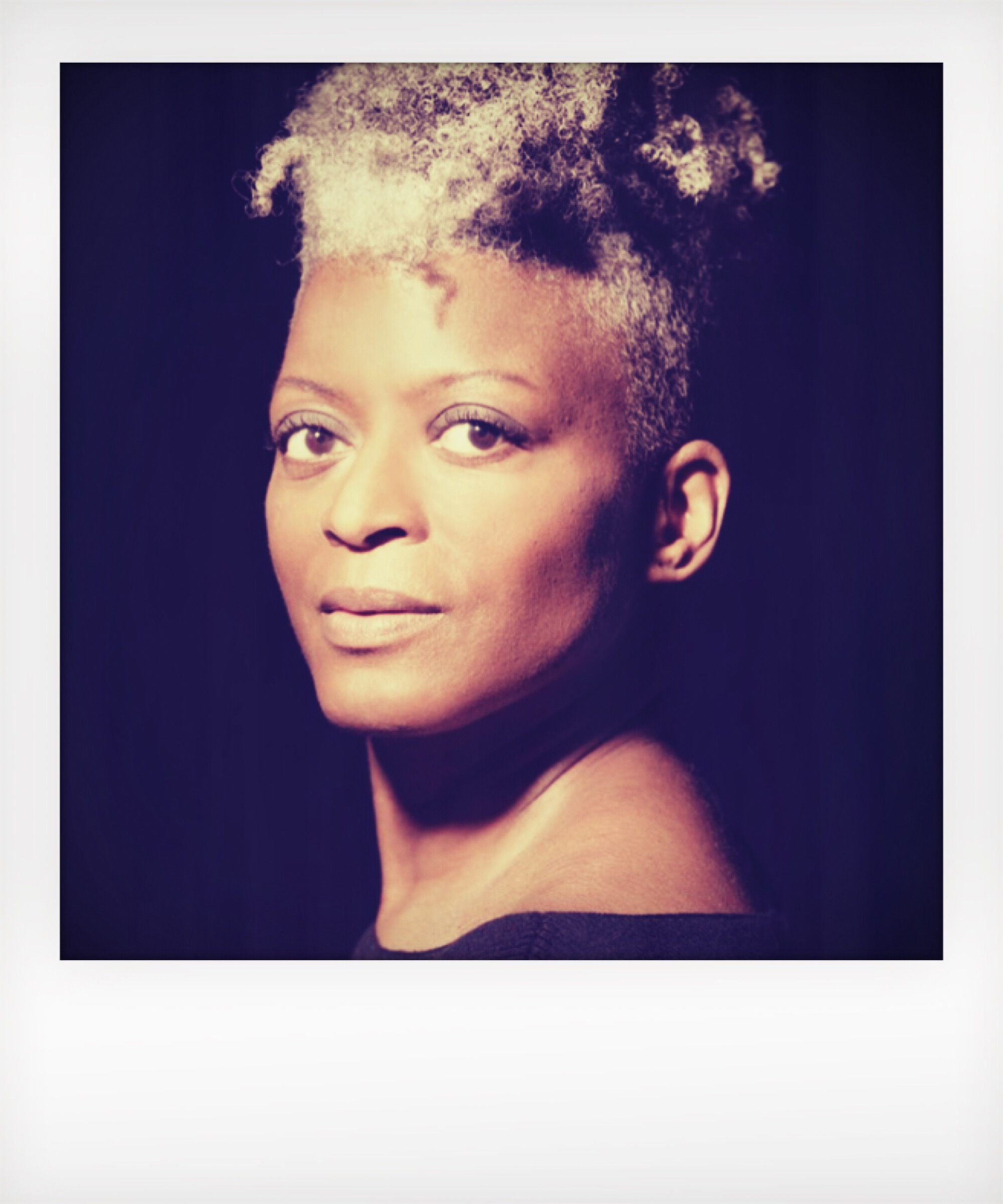
Marika Clymer
Updated: 2022/04/16
- Interview
- Sarah Faith Gottesdiener
Marika Clymer is a healer and educator who I first came across through her work educating folks on the lineage of Reiki. Her work as a traditional healer is rooted in ancestral practices, energy work, ceremony, plant medicine, and radical liberation work. Marika also teaches one of her ancestral traditions of Reiki from a critical, anti-racist, and anti-oppressive root system, seeking to undo decades of deep cultural harm as a result of cultural appropriation and the widespread erasure of Japanese Shinto. She is a clear and compassionate voice in a spiritual industry that so often whitewashes and appropriates the culture and practices of indigenous people.
Below, Marika talks with us about what it looks like for the ancestors to intervene in purpose work, why healers are in a state of constant internal and external work, and why a state of “healed” mustn’t be looked at as a final destination.
If you’d like to hear more of our conversation, listen to this episode of my podcast, Moonbeaming, where I chat with Marika about healing, Scorpio archetypes, and eclipses.
Marika, how would you describe your work?
I'd describe myself as a traditional healer of various lineages. I’m currently residing in occupied Duwamish territory, also known as Seattle, Washington. My work spans the fluctuations and intricacies of plant medicine work, ritual and ceremonial healing work, energy healing, and just general ancestral goodness.
A big part of what you do is educate people about the western and colonial appropriation of Reiki. As much as there has been beautiful support, there has also been backlash. How have you navigated this new visibility?
That's something I struggle with all the time—to be seen, to be heard, to be held, especially in the digital realm. I recently came back from a really short but very needed break from social media for about two weeks. I needed to recalibrate my nervous system and relationship to social media, as well as how I'm presenting myself in that space. We don’t get to choose whose eyes see us, and that can feel very unsafe at times.
For me, the concept of being seen can't achieve any type of balance or fulfilment without setting really strong boundaries. Choosing how I’m going to be seen, setting those intentions, then very carefully placing those intentions within my social media. Whether it’s subtle or not, seen or unseen.
I really do struggle with being seen, especially as an authority figure. I would rather people see me as another community member. I’m only one representation of the Japanese experience or Japanese American experience. Though my peers have resonated well with what I have shared, which means a lot coming from ancestral kin, it’s so complicated and nuanced. Especially when we bring in other practices from other places and communities facing more urgent matters and circumstances that need our attention and necessitate our embodiment. I'm navigating how much to say, when it's appropriate for me to take up space, and how much space to take up. All of that is a deep consideration for me.
I have often found that, for those of us who do such expansive spiritual work, there can be a push and pull between our external output and internal growth. What has been your experience with that balance?
I think for those of us who identify as healers, we can’t heal others if we don’t heal ourselves. For me, that's a constant and ongoing process. Professionally, I was in organic farming and for a long time, that work coexisted with deepening my spiritual practice and my relationship with my ancestors. When my content regarding Reiki started circulating within the wellness spiritual community, I really wasn’t expecting that to be a thing. It felt like my ancestors were like, "Okay, you've done enough work, and you need to start sharing. You have a responsibility to fully commit to this path." They showed me that I had to stop spreading my energy around with my farming and commit to this work because I wasn’t only healing myself, I was healing them as well. My ability to continue this work and continue to have meaningful things to say is completely dependent on my own personal experiences and dedication to the work.
For years, I had this allergic reaction to the word "heal." There's so much pressure to heal yet how can one even heal in this unwell society? How do you feel about the idea of healing?
It can be dangerous to become too attached to the concept of being healed. It's deeply rooted in western ideology and the idea that when you go to "heaven" you’re going to be healed. They created this destination out of healing the body and being content with life. It's seen as something that we will only get to truly experience when we die and that it will be an absolute and certain thing. We become internally attached to that idea, and that causes a certain amount of dissociation from the lived reality of the body.
Something that really helped me was when one of my students, when we were establishing our community agreements, asked for space and permission to not be safe. That was really validating for me. I think even in these trauma-informed spaces, we're constantly chasing safety. Anything other than total nervous system regulation, we consider unsafe. There are reasons for that, especially in a body that has faced trauma, but it also creates this false dichotomy. There's this idea that if you aren’t feeling safe, you aren’t healed, which is very harmful and invalidating. When I allow myself the permission to not feel safe, I'm increasing my ability to be in communication with my body in a way that doesn’t invalidate it or seek to fix it with quick self-care practices. It's a process just like the leaves turning on the trees. I think with trauma, it just so happens that different leaves turn at different times. We want to hold the complexity of our bodies. We don’t want to see healing or being healed as this final destination.
For more Marika, visit www.energeticecologynw.com
You can also find Marika’s words in our new 2022 lunar planning book, Many Moons, which is filled with many other writers, artists, witches, healers, and magical practitioners.
Related Articles

Sanyu Estelle

Theresa Reed

Casey Zabala

Blue Firth



